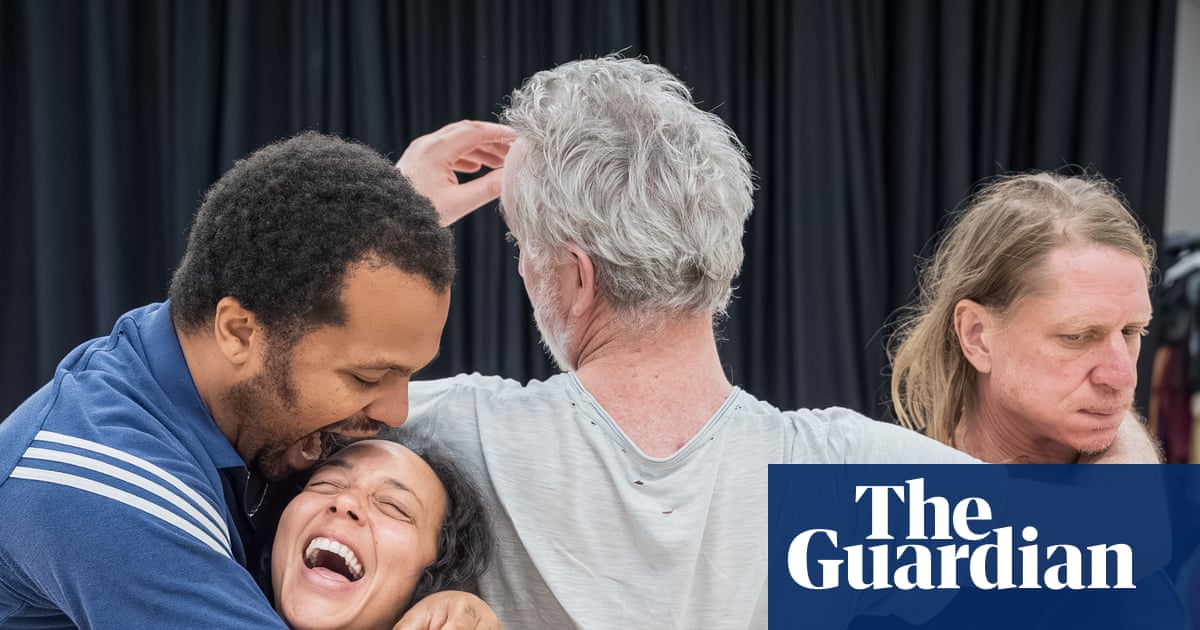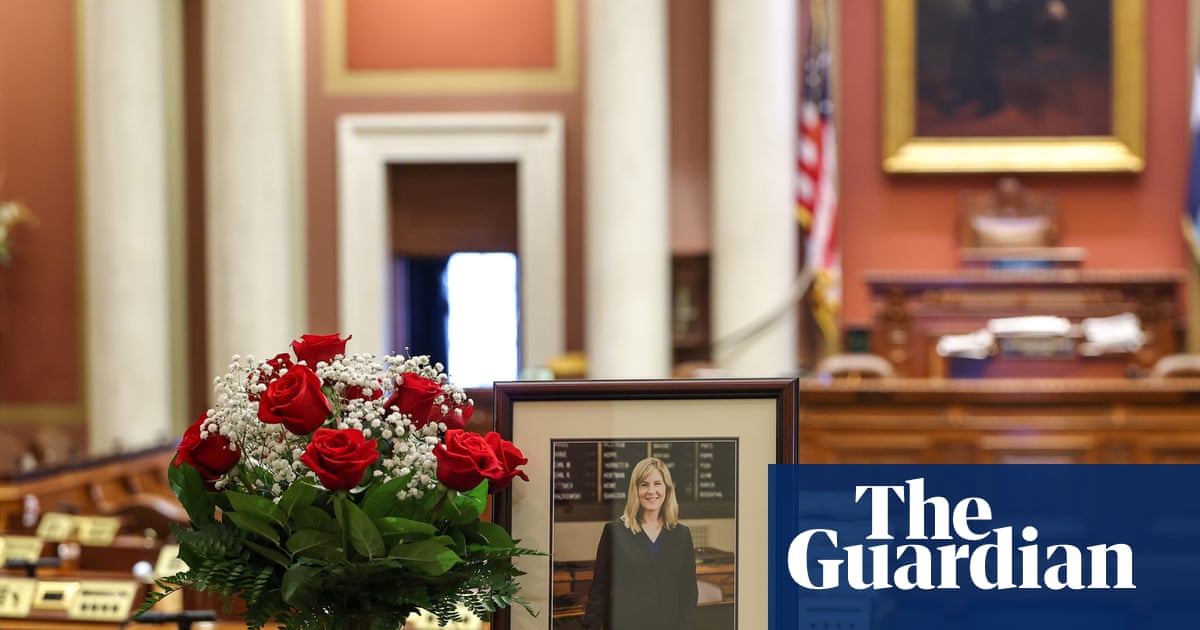Removing the right to a jury trial for more offences would disadvantage people of colour and other minorities and lead to more miscarriages of justice, reformers have warned.
Sir Brian Leveson’s independent review of the criminal courts in England and Wales is expected to be published this week and recommend the creation of intermediate courts, sitting without a jury, to try some offences.
The rationale is that it would reduce the record backlog in crown courts, where juries hear the most serious cases. But justice reformers say it would mean that, instead of being tried by a jury of their peers, defendants would be put before magistrates and judges who often come from a narrow section of society.
Matt Foot, the co-director of the charity Appeal, which successfully fought for Andrew Malkinson’s murder conviction to be overturned, said: “Reducing jury rights will inevitably increase the number of miscarriages of justice.
“We know that judges tend to be privately educated and white, which is a long way away from the makeup of juries.
“To reduce jury rights at the time when we know through the [Louise] Casey review that we have serious problems within the police of racism and homophobia and such is completely unjustified.”
Foot said that while juries sometimes made the wrong decisions, they were usually due to them being presented with the wrong evidence or because of the directions of judges, and that juries were much more likely to bear a resemblance to the defendant.
He also said trials without juries could increase the number of people going to jail at a time when prisons are overcrowded, and a lack of funding and lawyers rather than jury trials had caused the backlog to soar.
His concerns were echoed by Tyrone Steele, the deputy legal director at Justice, who said: “Everyone deserves a fair trial, free from discrimination. Jury trial is an important means of safeguarding this right and ensuring confidence in our criminal courts.
“Racialised defendants tried before a jury are convicted at very similar rates to their white counterparts. In contrast, worrying disparities exist in magistrates courts’ convictions. Black women, for example, are 22% more likely to be found guilty at the magistrates court than white women.
“The government should be cautious about introducing an intermediate court, which could result in a worsening of public trust and confidence at a time when it is needed most.”
The latest judicial diversity statistics show that ethnic minorities make up 12% of judges in England and Wales, while the representation of black judges has remained unchanged at 1% for a decade.
While there has been a proposal that two lay magistrates sit with the judge in the intermediate court, in its submission to the Leveson review, Justice said: “It should be noted that the magistracy has some way to go before it can be said to be sufficiently representative of society as a whole … the magistracy continues to disproportionately attract middle class applicants, aged 50 and above.”
Among magistrates, 14% were from an ethnic minority, according to the judicial diversity statistics. The 2021 census showed that 19% of people in England and Wales were from an ethnic minority and 4.2% were black.
In 2022, a study by the University of Manchester and the barrister Keir Monteith KC claimed the judiciary in England and Wales was “institutionally racist”. It conducted a survey of 373 legal professionals, 56% of whom said they had witnessed at least one judge acting in a racially biased way towards a defendant, while 52% had witnessed discrimination in judicial decision-making.
Justice has said that if intermediate courts were introduced it should be made explicit that they are an emergency measure, rather than a permanent change.

.png) 2 months ago
33
2 months ago
33

















































